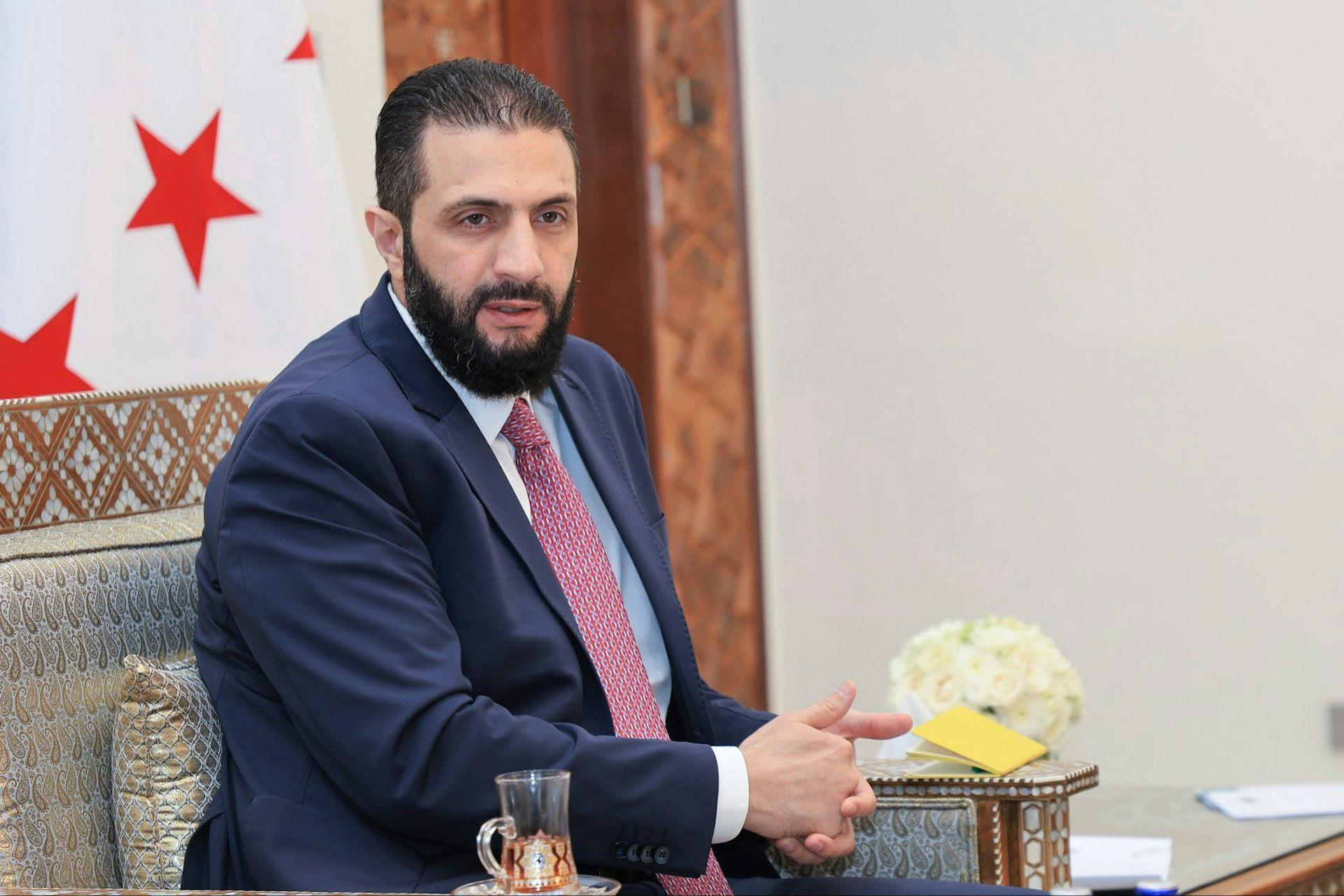
Syria's New Leader Promised Democracy. Then He Excluded Women From Parliamentary Elections
Earlier this year, Syria's new leader, President Ahmed al-Sharaa, described his country as moving in a“democratic direction” after the fall of Bashar al-Assad's dictatorship in late 2024. He said:
Yet, in Syria's recent parliamentary elections, women only won six seats in the 210-member body. Exclusion was not merely reflected in the outcome, it was engineered into the very structure of the process.
A long history of marginalisationAssad ruled Syria with an iron fist for more than two decades through widespread repression, war crimes and systematic violence against civilians.
Parliamentary elections were highly controlled, with Assad's Ba'ath Party and its allies dominating every vote. Women held between 6% and 13% of seats from 1981 to the end of Assad's tenure, according to estimates from a global organisation of national parliaments.
Although the parliament had little real power, it served to legitimise Assad's rule through the appearance of a democratic process.
In December 2024, al-Sharaa's Islamist-led coalition took advantage of the power vacuum created by the decline of Iran's regional influence and the collapse of its allied armed groups to oust Assad and dissolve Syria's symbolic legislature.
Al-Sharaa's rise was initially hailed as a potential turning point toward political reform and reconciliation. However, early signs suggest that entrenched patterns of marginalisation – especially of women – are continuing to shape Syria's politics.

Syria's interim president, Ahmad al-Sharaa, in Damascus in July. SANA/AP How women (and others) were sidelined
The recent parliamentary elections in early October did not factor in the people's will, nor were they permitted to vote. They weren't involved in the process at all.
Instead, the elections were overseen by a government body called the Supreme Judicial Committee for Elections, appointed by al-Sharaa. Its composition was revealing: nine men and only two women.
The process was complicated and deliberately exclusionary. The Supreme Judicial Committee was tasked with forming electoral subcommittees around the country, which then reviewed applicants for individuals to be appointed to electoral colleges. Only those selected were allowed to participate in the voting process or nominate candidates.
Ordinary citizens had no direct role in the election.
Under this framework, the electoral colleges selected representatives for two-thirds of the parliament seats. Al-Sharaa will appoint the remaining third.
Unsurprisingly, women's representation in the subcommittees was minimal. Drawing on raw figures published on the official Syrian election website, women only constituted about 11% of all subcommittee members (18 out of roughly 180 nationwide).
Even where women did have decent representation, no female parliamentarians were elected. In Damascus, for example, women comprised nearly a third of the registered applicants (44 out of 145) for the electoral college and a third of the local subcommittee members. Yet, not a single woman from the capital was elected.
Minority representation was also limited. Of the 119 members elected so far, only ten belong to religious or ethnic minorities, including Kurds, Alawites and Christians (who won just two seats). Christians are believed to make up 10% of Syria's 24 million population.
Kurdish health worker Rankin Abdow won the seat for the Afrin region in the elections. Omar Albam/AP
Previous research on gender and political institutions has shown that exclusionary electoral structures tend to produce exclusionary outcomes. Syria's case fits this broader pattern.
Syrian officials have explained women's exclusion as a cultural matter. Mohammad Taha al-Ahmad, the head of the Supreme Judicial Committee for Elections, appeared on television to express“surprise” at the low number of female candidates, attributing it a society that traditionally views politics as the domain of men. He said the results also reflected alliances (based on established male networks) that formed among members of the subcommittees.
While such attitudes undoubtedly shape gender dynamics, they cannot by themselves account for the low participation of women in the election.
Women were constrained from the outset. Invoking“culture” shifts the blame away from the institutional barriers.
Ultimately, this was not a free or fair election. When women's involvement is reduced to symbolic inclusion under state supervision, elections cease to be instruments of representation and become performances of legitimacy.
What can be done?Reversing this pattern requires more than rhetoric. There must be institutional reform, including:
- gender quotas that reserve a proportion of candidacies or seats for women, allowing them to gain political experience and visibility
increased funding, training and local networking initiatives to help women build community-based constituencies reforming electoral processes to move toward more direct, transparent voting that limits alliances among elites and presidential control
instituting new school curricula and civil society programs that normalise women's participation in public life and challenge gendered perceptions of political leadership.
Until such reforms are enacted, Syria's elections will continue to reflect not popular will, but the entrenched hierarchies of a state that governs through exclusion.

Legal Disclaimer:
MENAFN provides the
information “as is” without warranty of any kind. We do not accept
any responsibility or liability for the accuracy, content, images,
videos, licenses, completeness, legality, or reliability of the information
contained in this article. If you have any complaints or copyright
issues related to this article, kindly contact the provider above.


















Comments
No comment